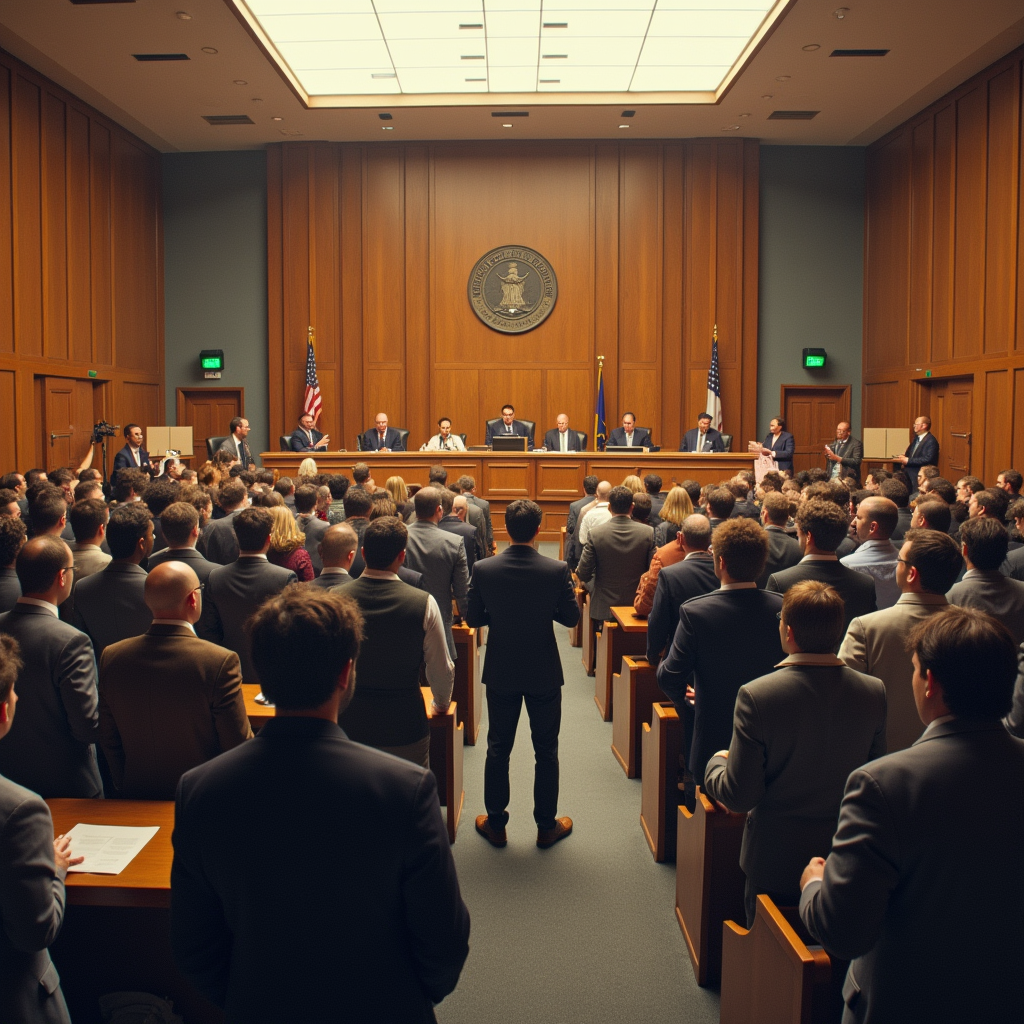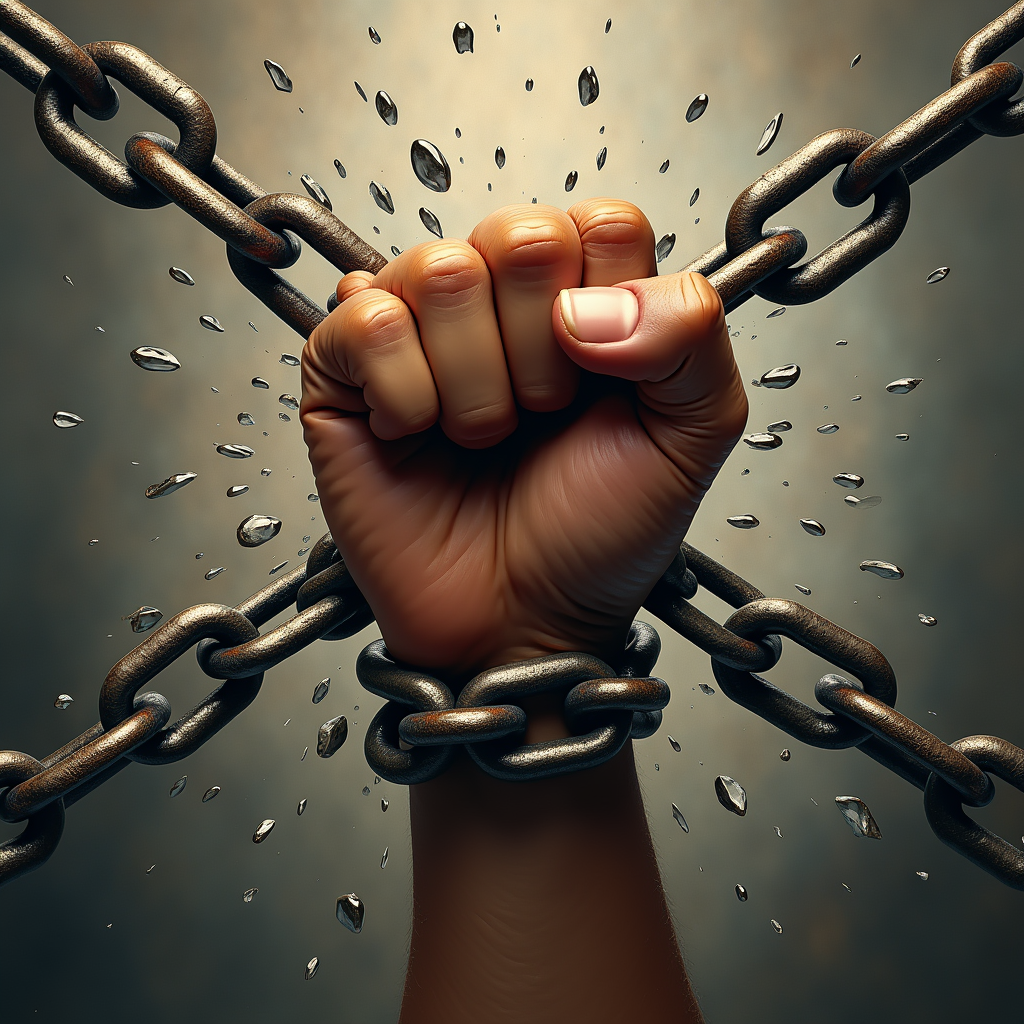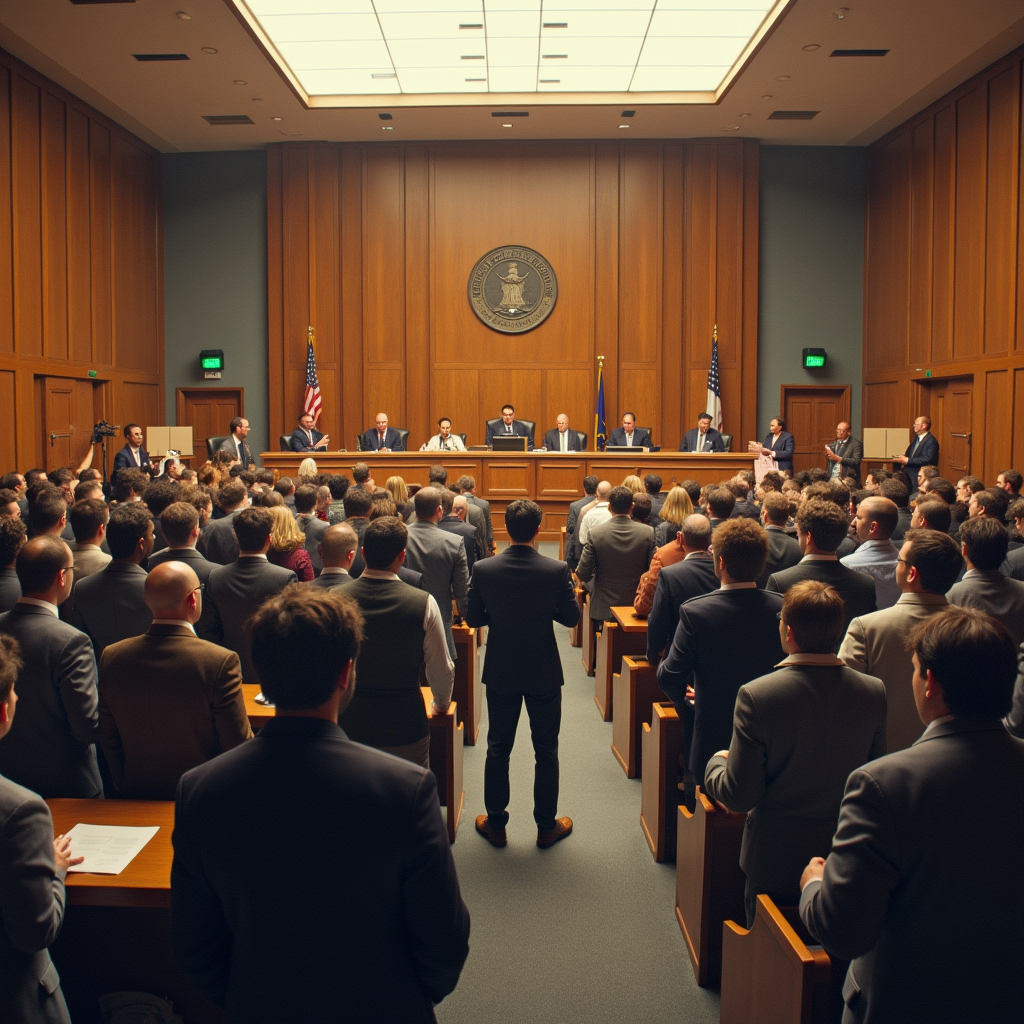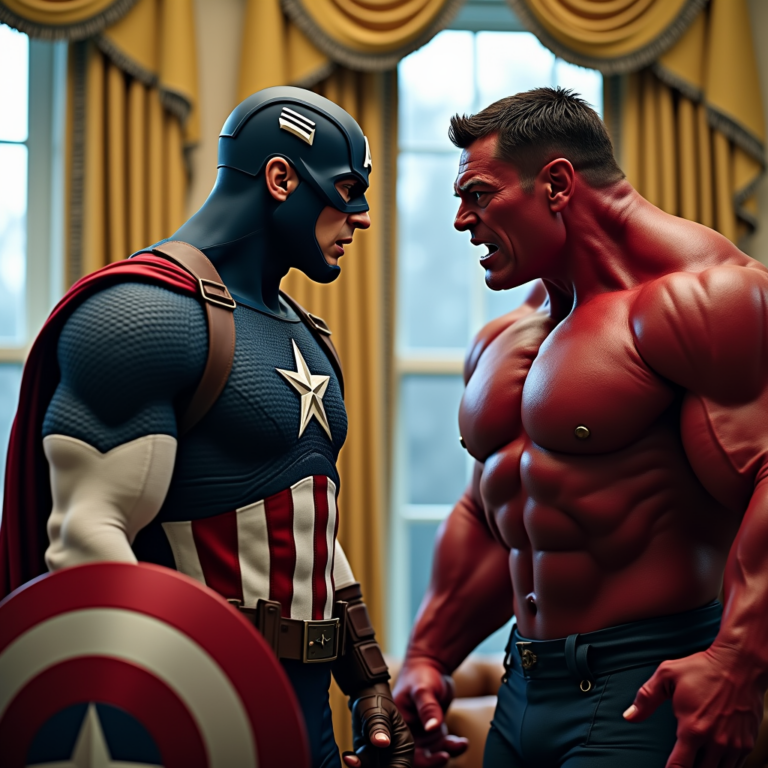Fans of Justice Are Outraged, and Here’s Why…

The Controversial Decision That Could Change Everything
A jury in New York has found Daniel Penny not guilty of criminally negligent homicide in the death of Jordan Neely, a 30-year-old homeless man who died after being placed in a chokehold on a subway train. The verdict has sparked intense debate and protests, with some condemning it as a dangerous precedent that embraces vigilantism, while others argue Penny acted in self-defense against an erratic and potentially violent individual.

Protests Erupt After Stunning Verdict Announcement
Outside the courthouse, protesters and counter-protesters gathered, with chants of ‘murderer’ and ‘not guilty’ echoing through the streets. The decision has reignited discussions around issues of race, mental health, and the use of force in public spaces. As the dust settles, many are left grappling with the implications of this high-profile case.
Mental Health Crisis or Criminal Act? The Debate Rages On
At the heart of the controversy lies a fundamental question: Should Neely’s actions, potentially influenced by a mental health crisis, have been met with lethal force? Prosecutors argued that Penny’s prolonged chokehold demonstrated a disregard for human life, while the defense maintained that Penny acted to protect himself and others from a ‘violent and desperate’ individual. The case has reignited discussions about how society responds to those experiencing mental health emergencies.

Jury Speaks: Penny Walks Free Despite Tragic Consequences
After days of deliberation, the jury ultimately found Penny not guilty of the lesser charge of criminally negligent homicide, a decision that has left many outraged. While the prosecution failed to secure a conviction, the tragic loss of life has raised important questions about the use of force and the value placed on human life, particularly in marginalized communities.

The Precedent-Setting Case That Has America Divided
The Penny verdict is being hailed by some as a victory for self-defense rights, while others view it as a dangerous precedent that could embolden vigilantism and undermine efforts to address mental health crises with compassion. As the nation grapples with the fallout, it is clear that this case has exposed deep rifts in how different communities perceive issues of public safety, race, and the role of law enforcement.

NAACP Condemns Verdict, Warns of ‘Dangerous Precedent’
The NAACP has strongly condemned the jury’s decision, warning that it sets a ‘dangerous precedent’ by embracing vigilantism and disregarding the sanctity of human life. In a statement, the organization’s president and CEO, Derrick Johnson, expressed disappointment and reiterated the need to ensure that Black Americans receive proper mental healthcare and have their humanity respected under the law.
Vigilantism vs. Self-Defense: Where Do We Draw the Line?
The Penny case has reignited a long-standing debate: When does self-defense cross the line into vigilantism? While the law allows for the use of reasonable force in self-defense, the question remains: What constitutes ‘reasonable’ force, particularly when dealing with individuals in crisis? As the nation grapples with this complex issue, it is clear that the Penny verdict has far-reaching implications for how such cases are handled in the future.

The Verdict That Could Redefine How We View Mental Health Emergencies
Beyond the legal implications, the Penny case has also shed light on society’s approach to mental health emergencies. Many advocates argue that such situations should be treated as medical crises, not criminal acts, and that a more compassionate and trained response is needed. The verdict has reignited calls for reform, with some arguing that a different approach could have prevented the tragic loss of life.

America’s Reckoning: Addressing the Root Causes of Injustice
As the nation grapples with the aftermath of the Penny verdict, it is clear that deeper societal issues are at play. Issues of racial bias, access to mental healthcare, and the criminalization of marginalized communities have all been thrust into the spotlight. While the legal battle may be over, the broader struggle for justice and equality continues, with many calling for a reckoning and a commitment to addressing the root causes of such tragedies.

The Verdict That Could Redefine How We View Mental Health Emergencies
In the wake of this controversial decision, one thing is certain: the Penny verdict has the potential to reshape how society views and responds to mental health crises. As the nation grapples with the implications, it is clear that this case has ignited a crucial conversation about the intersection of public safety, civil rights, and compassionate care for those in need. The road ahead may be long, but the pursuit of justice and understanding must continue.

















+ There are no comments
Add yours